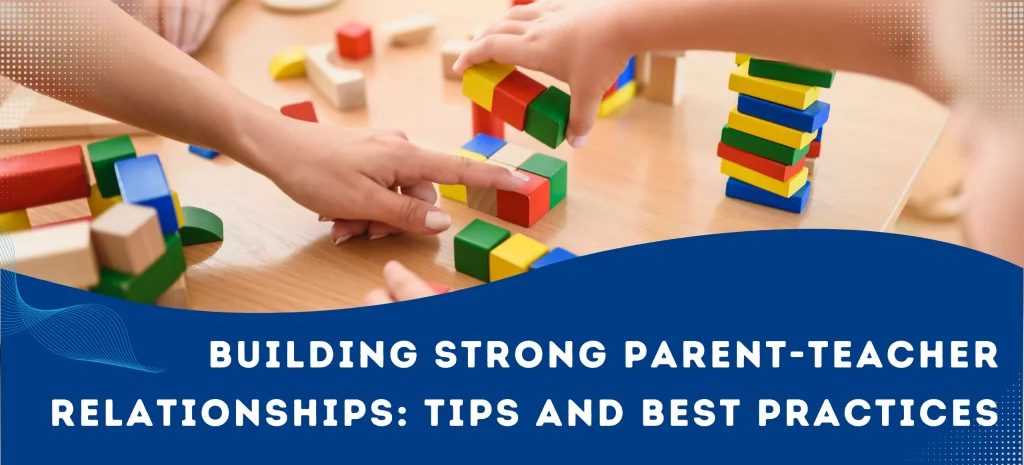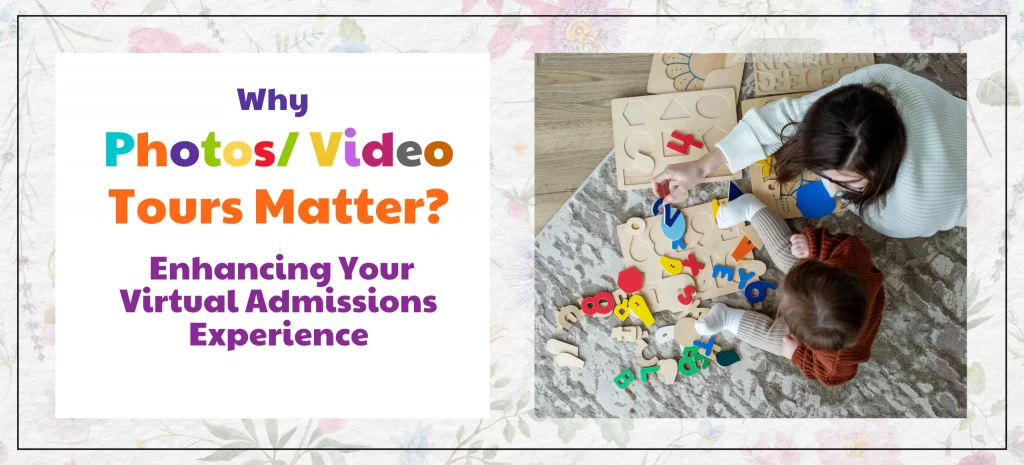One of the most crucial factors in a child’s academic and overall development is the strength of the parent-teacher relationship. When parents and teachers work together as a team, the child reaps the benefits of a supportive and nurturing educational environment. Establishing and fostering this bond requires open communication, mutual respect, and a shared commitment to the child’s growth and success.
1. Communication is key:
Effective communication is the foundation of a solid parent-teacher relationship. Regularly scheduled parent-teacher conferences provide an opportunity to discuss the child’s progress, strengths, and areas for improvement. Additionally, maintaining open lines of communication through emails, phone calls, or digital platforms allows parents and teachers to address concerns and celebrate achievements promptly.
2. Actively Participate in School Activities:
Engaging in school activities and events not only fosters a sense of community but also strengthens the parent-teacher bond. Attending parent-teacher association meetings, school functions, and volunteering in classrooms demonstrate a genuine interest in the child’s education and create a positive collaborative atmosphere.
3. Establish Shared Goals:
Parents and teachers should come together to set shared goals for the child’s academic and personal growth. By aligning their expectations and aspirations, they can work towards providing consistent support and encouragement to the child.
4. Respect Each Other’s Perspectives:
Both parents and teachers bring unique perspectives to the child’s education. It is essential to respect and value each other’s viewpoints. Acknowledging the expertise of teachers and the intimate knowledge of the child that parents possess fosters a harmonious partnership.
5. Celebrate Achievements Together:
Recognizing and celebrating the child’s achievements, big or small, reinforces the importance of parent-teacher collaboration. Acknowledging progress and efforts instills a sense of accomplishment in the child and motivates them to strive for excellence.
6. Address Challenges with Empathy:
Difficulties or challenges that arise during the child’s learning journey must be addressed with empathy and understanding. When parents and teachers approach challenges as a team, they can develop tailored strategies to support the child’s needs effectively.
7. Maintain Professionalism and Confidentiality:
Respecting professional boundaries and maintaining confidentiality is vital in building trust between parents and teachers. Both parties should feel confident that sensitive information shared is kept secure and used only for the child’s benefit.
In conclusion, building parent-teacher solid relationships is a collaborative effort that profoundly impacts a child’s growth and development. With effective communication, mutual respect, and shared goals, parents and teachers can create a supportive network that empowers the child to thrive academically and emotionally. Together, they lay the foundation for a successful and fulfilling educational journey.




